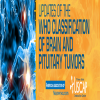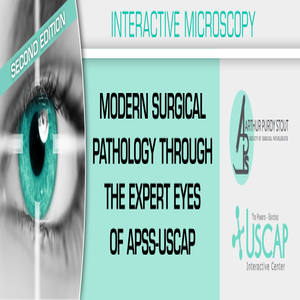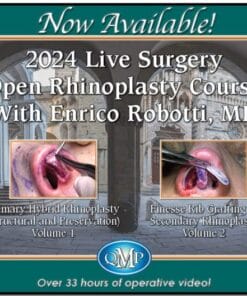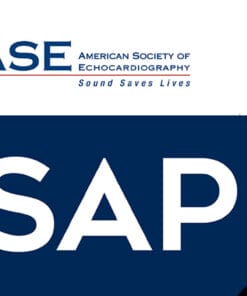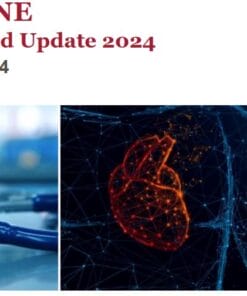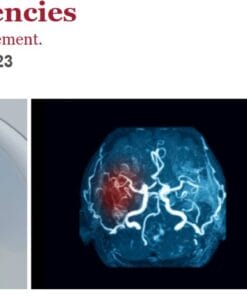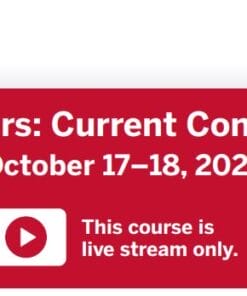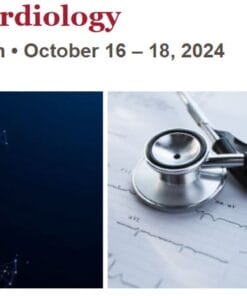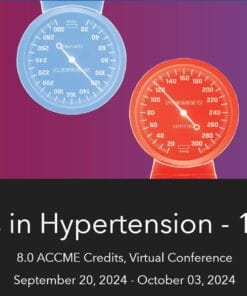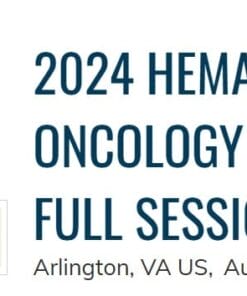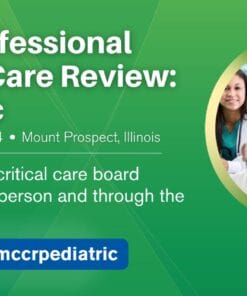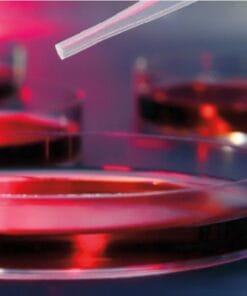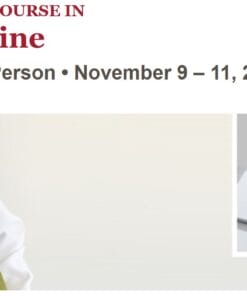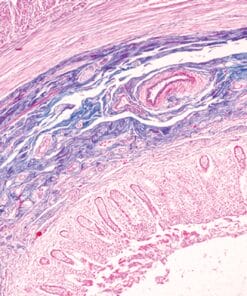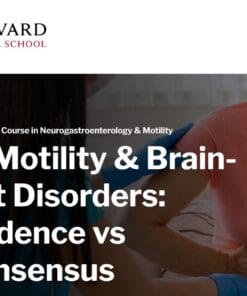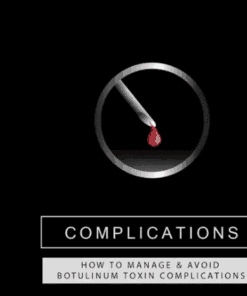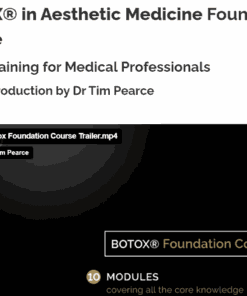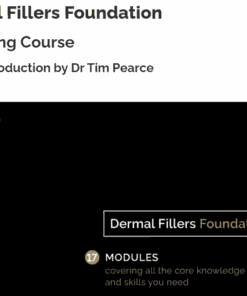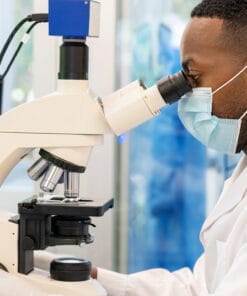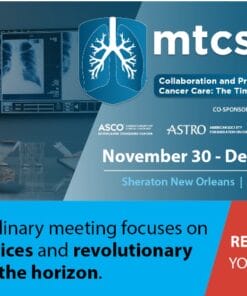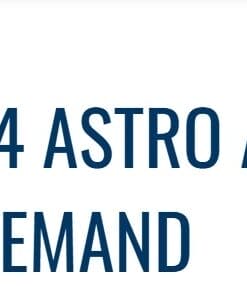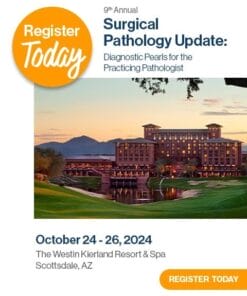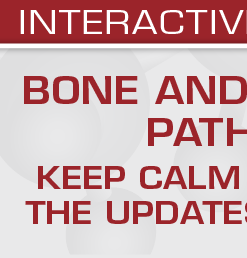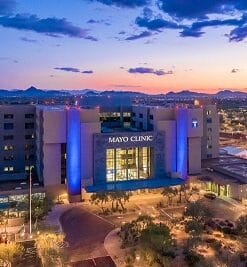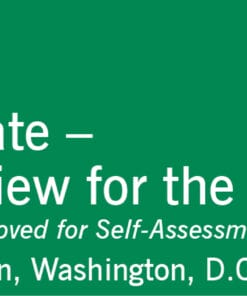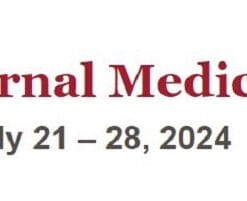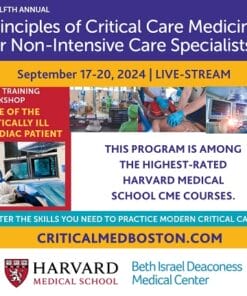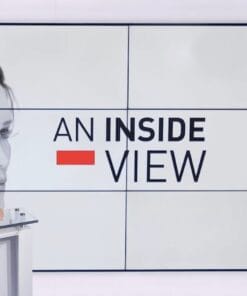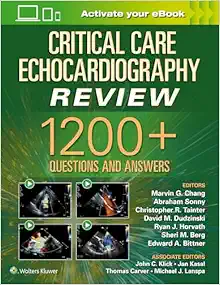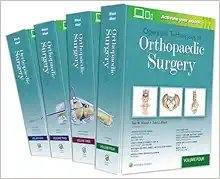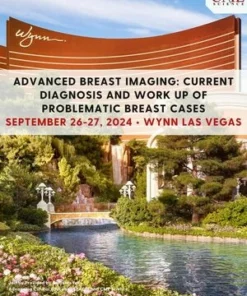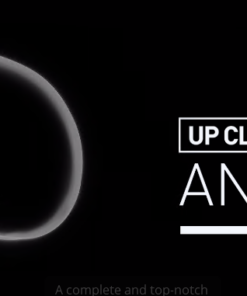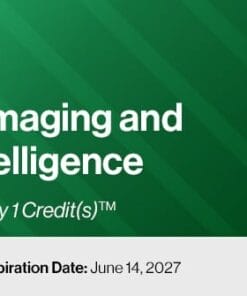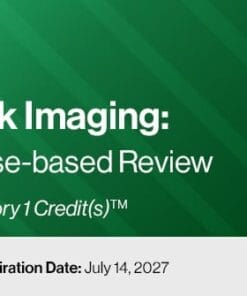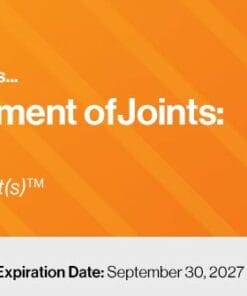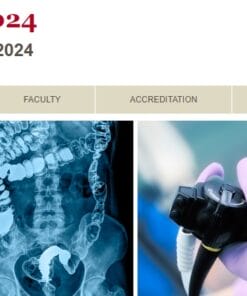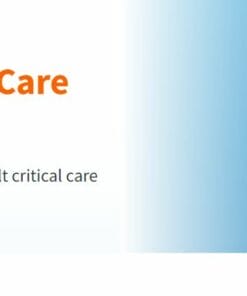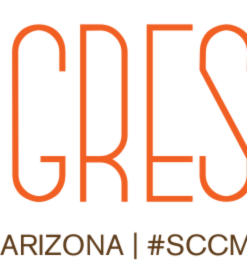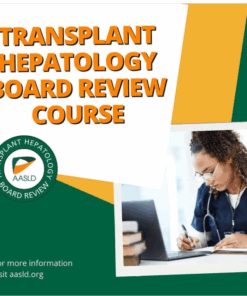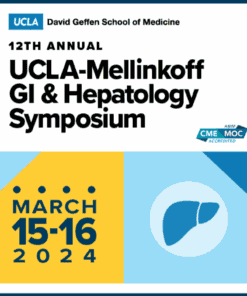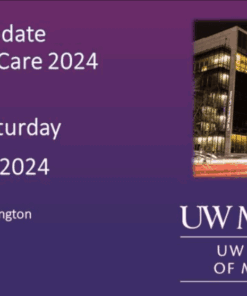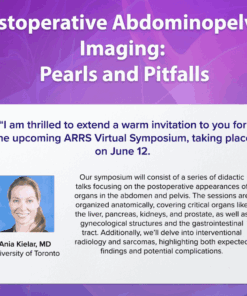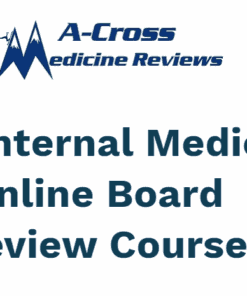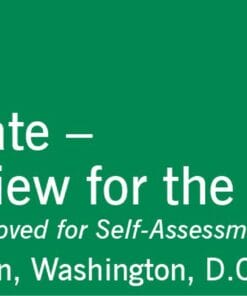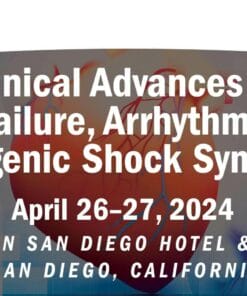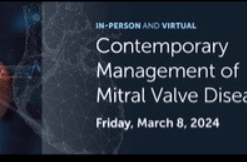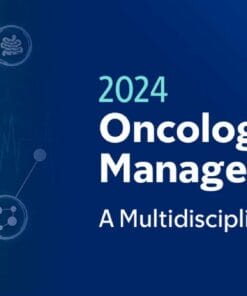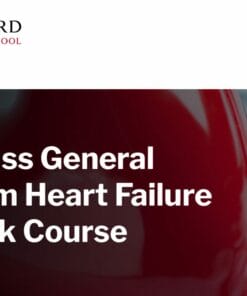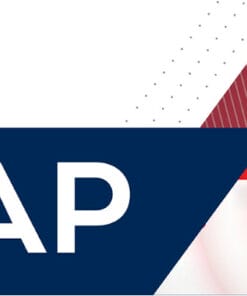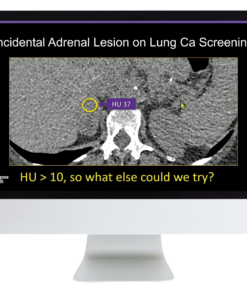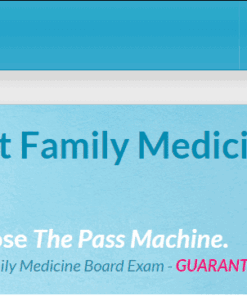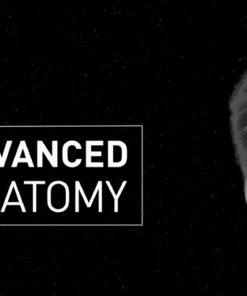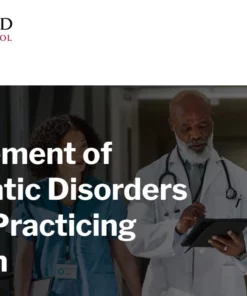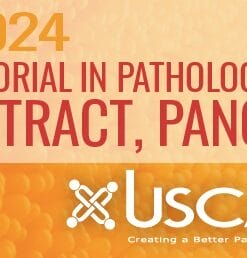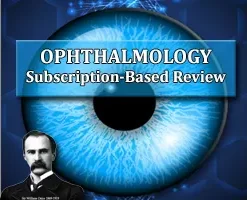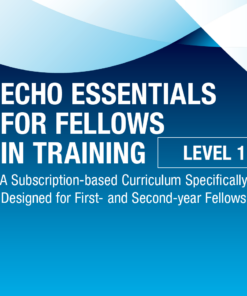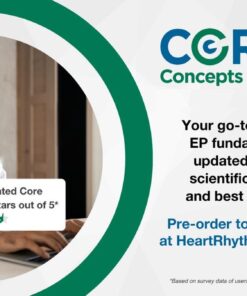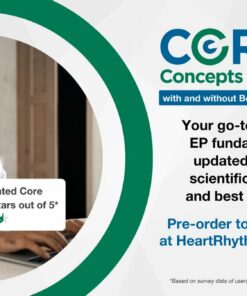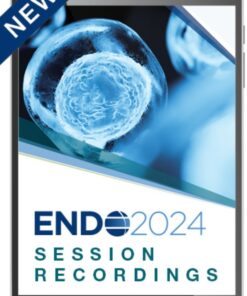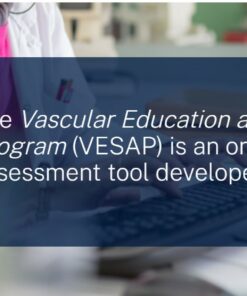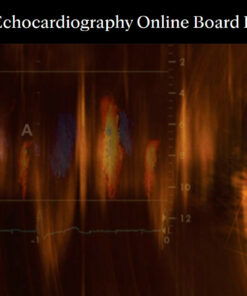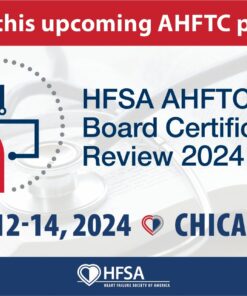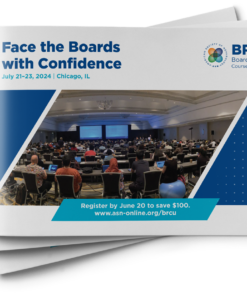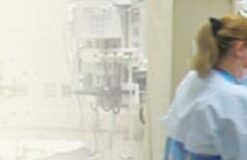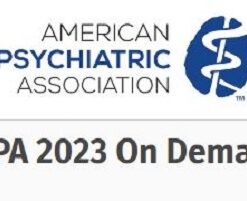Description
This second-edition, co-branded interactive microscopy course presents the synergistic union of expert surgical pathologists from the prestigious Arthur Purdy Stout Society and from USCAP, collaborating (through the education of pathologists) to eliminate a variety of practice gaps in diagnostic surgical pathology. For example, there is a misdiagnosis rate of about 10% in breast biopsies, but for some notoriously problematic lesions, the rate is even higher.
This faculty’s review of the literature and clinical experience as consultant surgical pathologists have clearly documented areas in diagnostic surgical pathology that remain problematic even for experienced pathologists. Examples include the categorization of proliferative breast lesions, bladder biopsies, small glandular proliferations in the prostate and inflammatory skin lesions.
This course attempts to eliminate diagnostic error by highlighting pitfalls and approaches to resolve them using routine microscopic examination of H&E-stained sections and immuno-stains. The role of newer adjunctive molecular tests will also be discussed where appropriate. The intent is to address medical knowledge and competence with the goal of improving clinical practice.
Target Audience
Practicing academic and community pathologists, and pathologists-in-training
Learning Objectives
Upon completion of this educational activity, learners will be able to:
- Discuss the uses and limitations of immunohistochemistry in diagnostic surgical pathology
- Explore the role of newer adjunctive tissues and their appropriate use
- Address medical knowledge and competence with the goal of improving clinical practice
Continuing Medical Education and Continuing Certification
The United States and Canadian Academy of Pathology is accredited by the Accreditation Council for Continuing Medical Education (ACCME) to provide continuing medical education for physicians.
The United States and Canadian Academy of Pathology designates this enduring material for a maximum of 17.75 AMA PRA Category 1 CreditsTM. Physicians should claim only the credit commensurate with the extent of their participation in the activity.
USCAP is approved by the American Board of Pathology (ABPath) to offer Self-Assessment credits (SAMs) and Lifelong Learning (Part II) credit for the purpose of meeting the ABPath requirements for Continuing Certification (CC). Registrants must take and pass the post-test in order to claim SAMs credit. Physicians can earn a maximum of 17.75 SAM/Part II credit hours.
Disclosures
The faculty, committee members, and staff who are in position to control the content of this activity are required to disclose to USCAP and to learners any relevant financial relationship(s) of the individual or spouse/partner that have occurred within the last 12 months with any commercial interest(s) whose products or services are related to the CME content. USCAP has reviewed all disclosures and resolved or managed all identified conflicts of interest, as applicable.
The following faculty and coordinators reported no relevant financial relationships: Steven D. Billings, MD, Jeffrey Krane, MD, PhD, Laura Lamps, MD, Marisa Nucci, MD, Adeboye O. Osunkoya, MD, Stuart J. Schnitt, MD
USCAP staff associated with the development of content for this activity reported no relevant financial relationships.
Topics/Speaker:
Potpourri of Less Common Benign and Malignant Breast Lesions
Spindle Cell and Vascular Lesions of the Breast
Practical Issues in Melanocytic Tumors
Survival Strategies for Inflammatory Dermatoses
Cases That Will Make You Feel Good About Your Gut
Cases That Will Make You Love Your Liver
Practical Approach to the Ovarian Mass I
Practical Approach to the Ovarian Mass II
A Practical Approach to Salivary Gland Neoplasms
Challenging Head and Neck Tumors
Original release date: March 10, 2020
Access to this course expires on: October 27, 2022 at 11:59 PM Pacific Time
CME/SAMs 17.75



